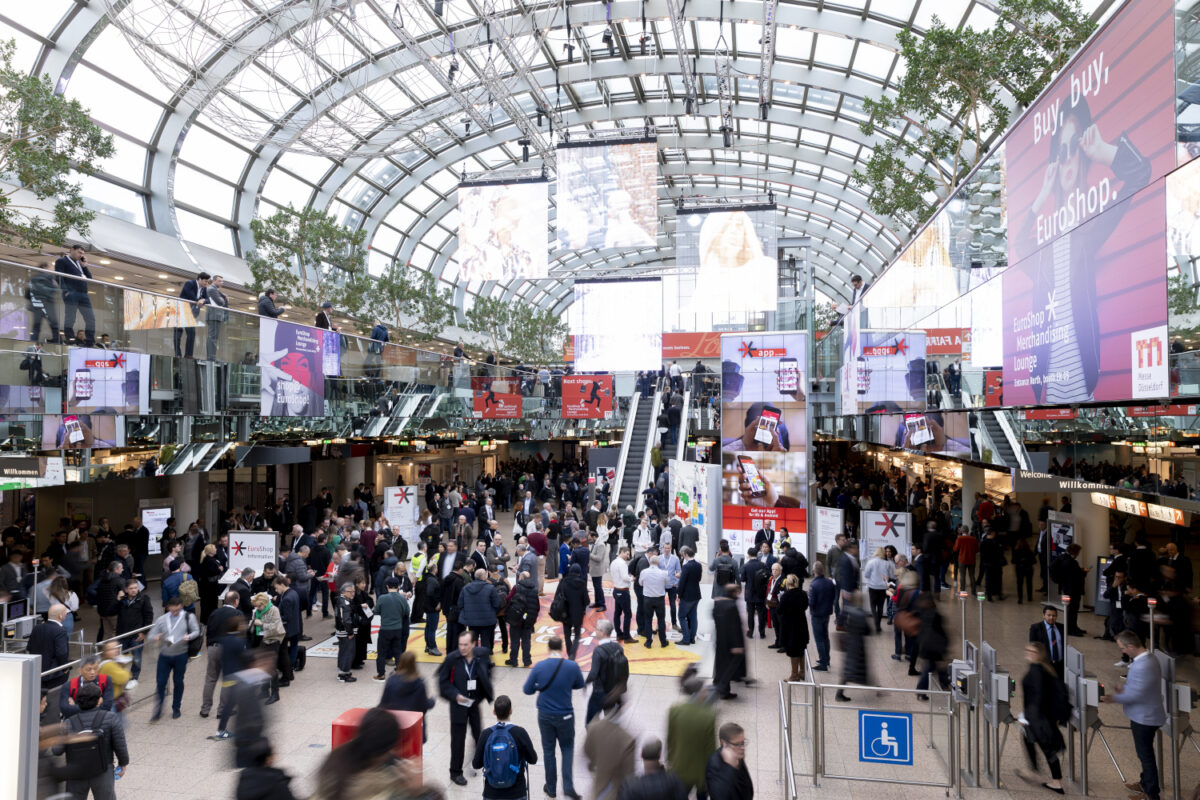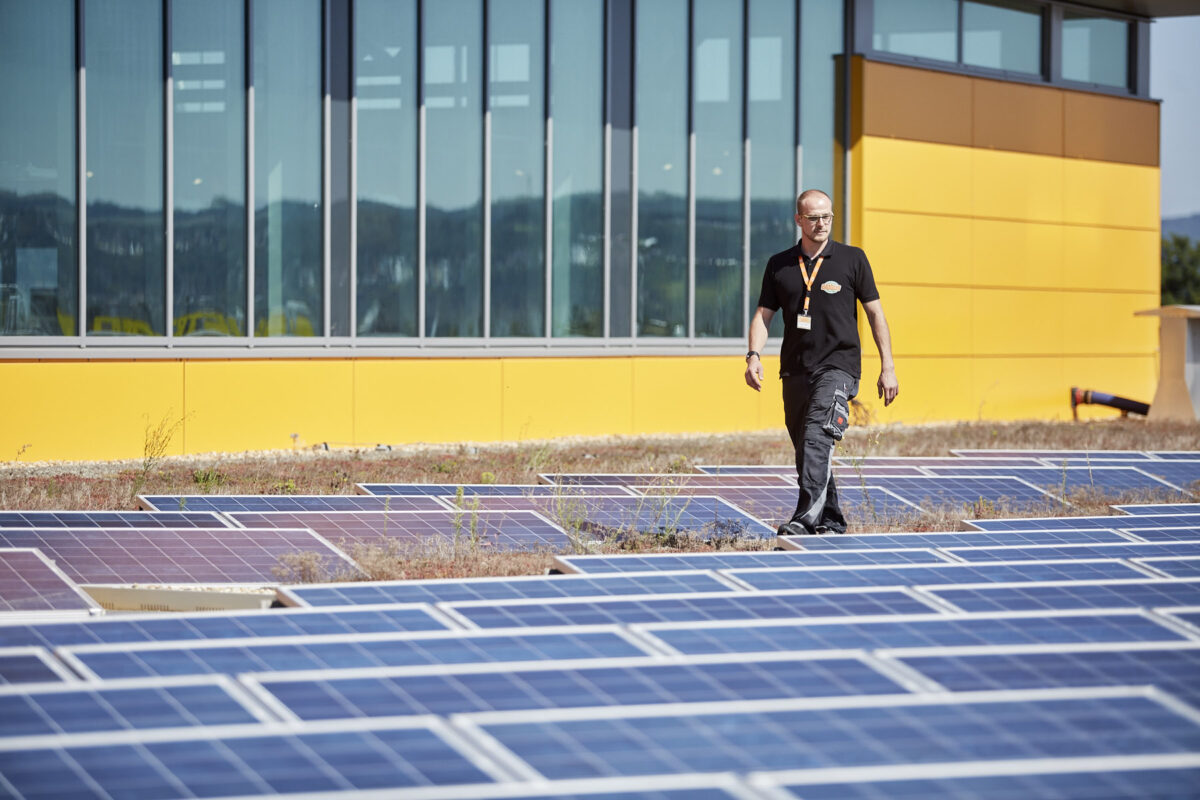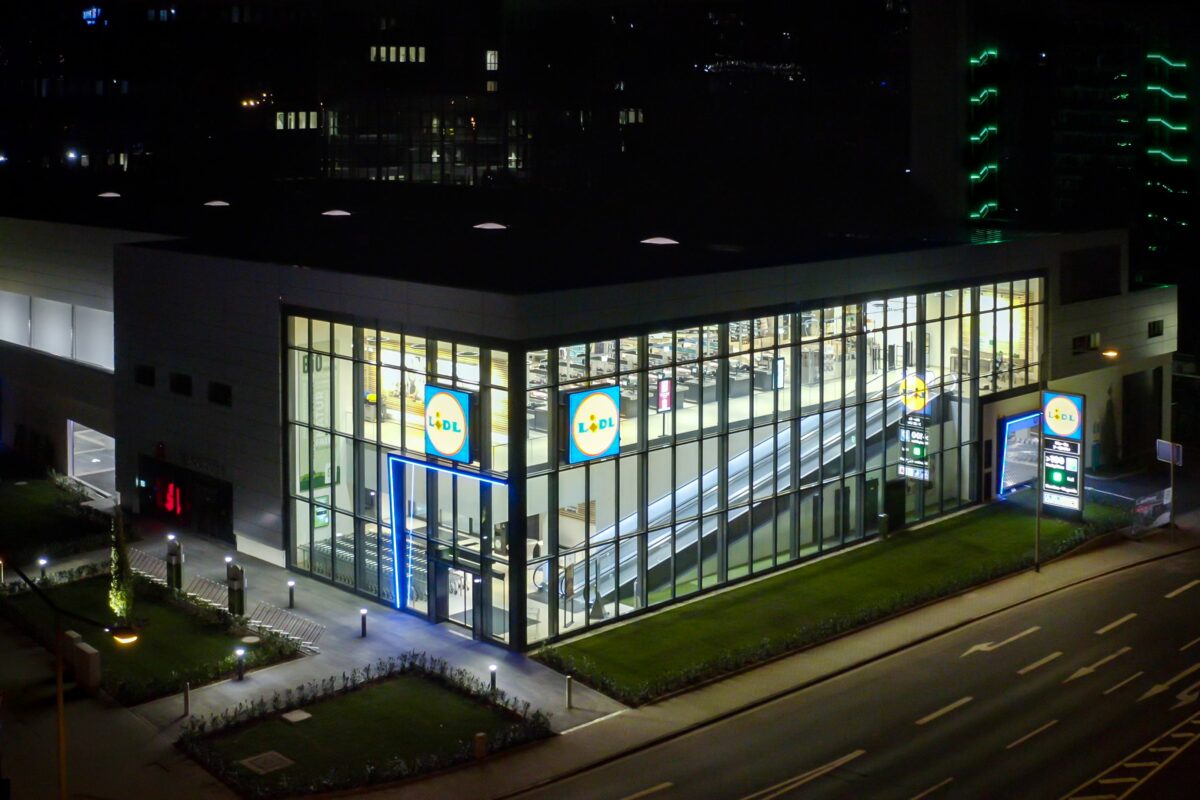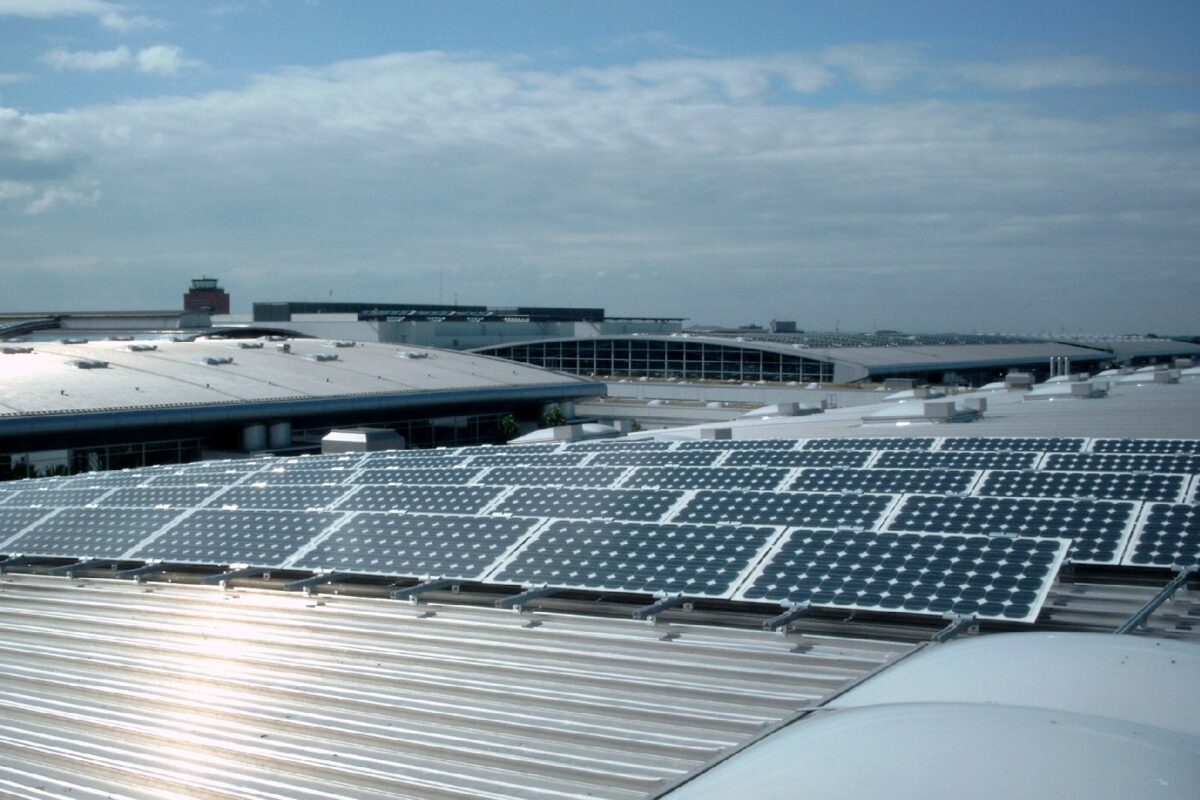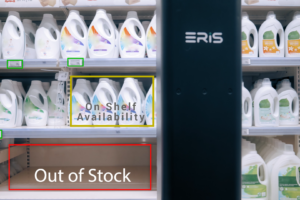Energy monitoring and optimization in businesses
by Julia Pott (exclusively for EuroShop.mag)
Energy consumption is among the biggest cost areas for companies. That’s why reducing electricity use and related energy costs can create a competitive advantage. To reduce electricity costs over the long term, companies must know the energy consumption of their stores, systems, equipment, and business operations. This is now made possible by modern measurement technologies.
What does energy monitoring look like in large companies and how important is energy consumption optimization? We asked two prominent German retail companies – Takko and TEDi. Fashion discounter Takko says: “Our Company continuously optimizes its energy consumption to protect the environment. As a large retail chain with nearly 2,000 stores, energy is also a big cost factor that we constantly monitor and aim to improve.” Takko’s energy management relies on reliable measurements of its energy usage.
Intelligent measurement solutions are on the rise. Driven by the Metering Point Operation Act (“Messstellenbetriebsgesetz”), Germany will see a nationwide rollout of intelligent measuring technology – so-called smart meters – in the next two decades. The smart metering systems digitally transmit data to a network.
Admittedly, energy suppliers and distribution network operators are the ones that primarily benefit from energy management. Companies only benefit if they get detailed, updated insights into their daily energy balances. Various providers offer this type of service. Smart energy management systems make energy control possible as they provide an overview of consumption and energy-related costs. This data can be used to identify sources of high energy consumption, to detect whether consumption is stable or subject to fluctuations and to find potential energy savings opportunities. The retail industry has many areas of high energy usage: heating during the winter, cooling in the summer season, retail food refrigeration, lighting, and devices such as PCs, cash registers and monitors, to name just a few examples.
Identifying peak demands, optimizing energy consumption

© Linh Ha / Unsplash
Since 2018, discount retailer TEDi has installed smart meters in almost 1,000 of its stores in Germany to analyze electric energy consumption and identify peak demands. Fluctuating power demand can point to areas for optimization and ways to save energy.
Unusual peaks in consumption can suggest technical or organizational issues. When asked about possible reasons for peak consumption, Takko states: “Reasons include incorrectly installed technical equipment or lighting, employee operating errors or devices that should not be running.”
TEDi also lists incorrect use of technical systems – ventilation systems, for example – and defective devices or electricity theft as identified causes for peak demand charges, which the company was able to subsequently correct. “We also felt strongly about reducing our baseload energy consumption due to power fluctuations or energy hogs. Energy management advances allowed us to identify and correct the underlying causes.”
The effectiveness of energy optimization measures can be analyzed by using intelligent measurement solutions, “[…] for example, when we converted the lighting systems in our stores to LED,” says TEDi. The nonfood retailer also indicates that “the findings strongly influence our new store concepts.”
Larger companies with many plants or stores can quickly benefit from creating a responsible intercompany authority that’s in charge of energy monitoring, procurement, and optimization. Takko knows first-hand that, “Every company can benefit from energy monitoring and from hiring an energy auditor.”
And finally, companies should never underestimate the impact on corporate and brand image: Consumers increasingly appreciate sustainable business strategies and environmental commitment.
Are you interested in learning about other aspects and practical energy management applications? Discover user-related information and solutions at EuroCIS 2021 in our new Smart Energy Management Product Categories.








